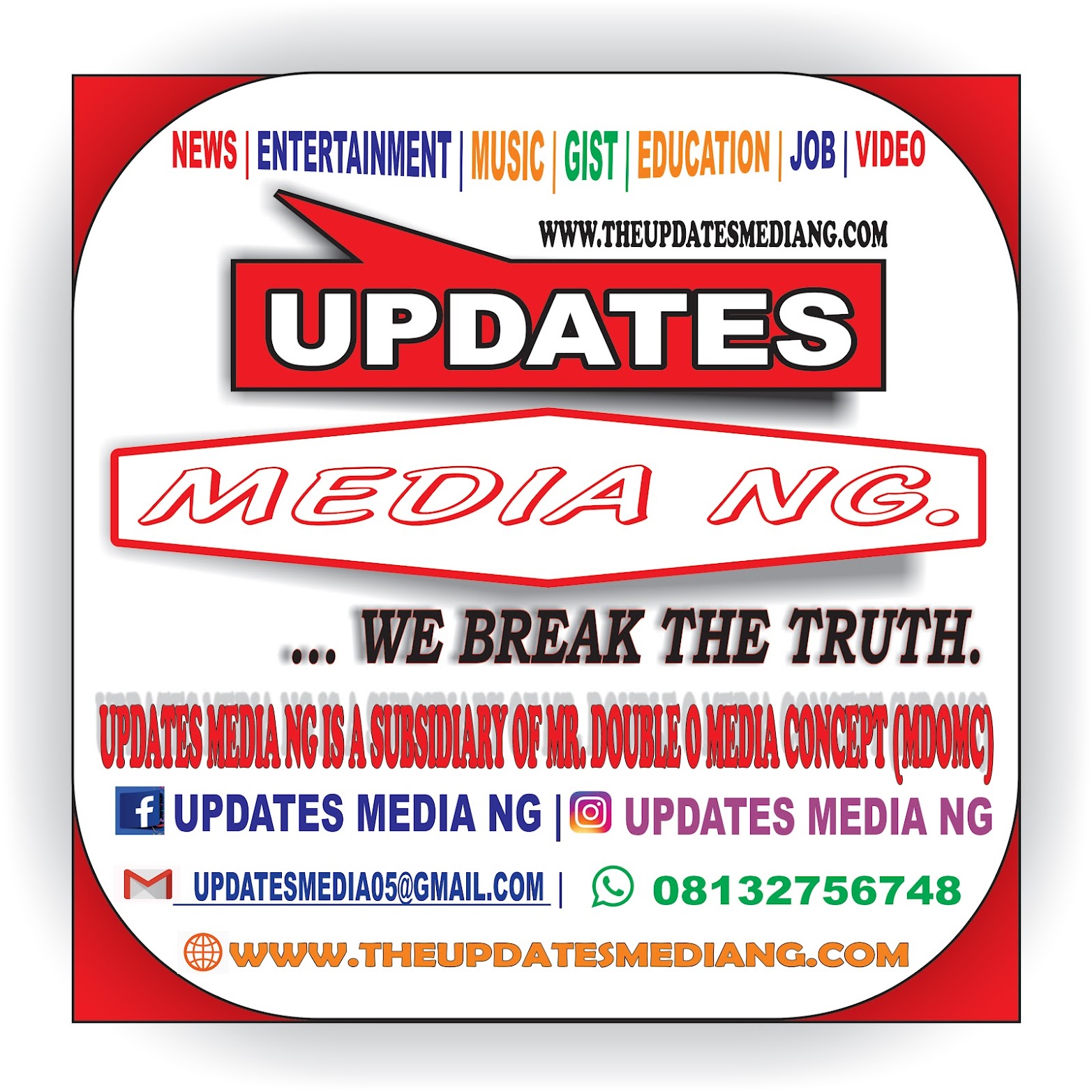In the days of the lock down, when the world grapples under the shackles of the novel coronavirus, some young Africans thought of a world thereafter and an element of development seem to catch their attention. This was the drive of a planned discourse amongst over twenty-five citizens from various countries in West Africa to digest the conversation around the Sustainable Development Goal 4 hosted by Ambassador Peace Martins and Bayonle Fesobi.
The Discourse had panelists from nine West African countries with Jonathan Boundaone (Burkina Faso), Romaric Goulia (Cote d’Ivoire), Rosemary Addo (Ghana). Winnifred Doe (Liberia). Fatmata Billy-Sesay (Sierra Leone). Lamin Dibba (The Gambia), Essi Kpegba (Togo) representing.
Under the theme Contextualizing SDG 4 in the African Context; with the aim of sharing perspectives on the Educational sectors across their different countries as well as propose ideas for a better Africa, the meeting which was initially intended to be a high-level discourse amongst just 9 leaders was eventually open to the public and approximately 17 more people joined the train; because everyone needs to be involved in the conversation about Africa’s development.
During the discourse, the hosts engaged the panelists and themselves sharing perspectives and presenting idea. Whilst a brief overview of the United Nations and the 17 Sustainable Development Goals has been given by Peace Martin, highlights of the SDG 4 Quality Education and its 7 targets were broadly shared. She stated that the essence of the discourse was to reflect upon, and share the extent to which the SDG 4 had been implemented in our various countries and talk about how much more we needed to do to reach the goal.
Panelists were individually called upon to talk about their different countries, its population, and percentage of youth, socio-economic strengths and overall demographics. The discourse progressed with panelists sharing what SDG 4 meant for their countries, taking cognizance of current realities of their countries’ educational sectors and mapping out what gap existed between where they were as a country and were they needed to be, upon achievement of the SDG 4.
Some participants corroborated the views of the panelists and gave their opinions about efforts of African countries with regards to achieving the goal; asking pertinent questions that were crucial to solving the challenges of our educational sectors.
Panelists highlighted the varying degrees to which the Goal 4 had been integrated into their countries’ national policies, to enhance its fulfillment and also reiterated what more work needed to be done.
Some participants went ahead to mention certain loopholes in national policies that could be addressed to achieve maximum impact of the SDG 4.
Highlight of the discourse was the contribution of the panelists from Burkina Faso; about ‘Quality and not Quantity’ being the focus; that we must not focus only on the quantity of citizens getting into school or graduating, but also on the quality of education that they are having access to.
In tandem with the above point, participants acknowledge that the skills given in our schools today are not the skills of the future. The skills of the future are on the technological end of the spectrum and more African youth must have access to digital skills to be able to navigate a globally evolving landscape.
Panelists went on to give their perspectives in this regard and talked about issues that they would address if they had the opportunity to change something about the educational system that they grew up in. Sharing their perspectives with a thought provoking brainstorming session on recommendations, while discussing barriers and solutions for better results.
Panelists and most of the participants who are Fellows of the Young African Leaders Initiative were trained at the West Africa Regional Leadership Center in the 16th Cohort of the program and the hosts can be reached on amb.martins.peace@gmail.com , fesobibayo@gmail.com respectively.






No comments:
Post a Comment